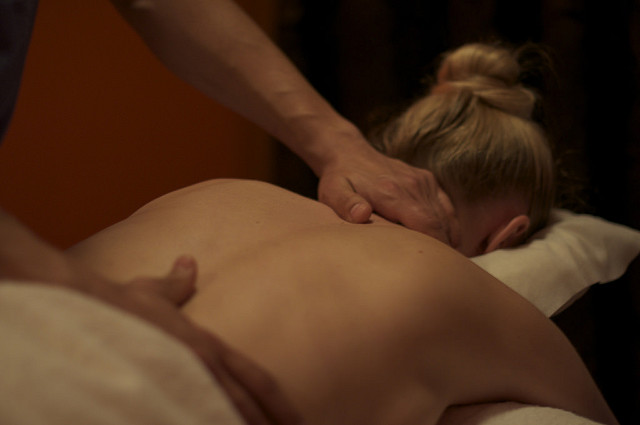The Key to a Good Massage

Communication is key to receiving a good massage. A simple definition of communication is the process in which information is relayed. This can happen verbally or nonverbally.
In order to give as effective a massage as possible, two-way communication is key. If your therapist could read your mind, they would know what your expectations with massage in general were, what short and long-term goals you have for your treatment session, what areas are painful and what pressure you are comfortable with. Unfortunately, mind reading is not among our skills. We can do our part by asking more relevant and specific questions to yield better answers from you. But we can’t communicate effectively without information.
So what can you do to help the two-way communication?
- What type of massage are you expecting? Do you just want to relax or do you have some long-term issues to work through? Before booking a massage, take a look at the therapist profiles that are on our website. We try to describe our treatment style and what we have experience in. You may be able to choose a therapist that fits your expectations just by reading the bios.
- Before an initial treatment, everyone fills in an intake form that outlines your current condition and areas of concern. Please be as truthful and detailed as you can. There may be some information that you may deem unrelated but may actually directly impact your current area of concern. Some problems may not be as simple as: “I need my arm worked on because that is where it hurts.” Maybe that previous neck surgery ten years ago may have impacted the nerve responsible for the sensory input for your arm. It may not be relevant but that may be a connection to explore.
- Some people expect no pain during massage. Some others expect a lot of pain during massage. The truth is somewhere in between. Conveying your preferences referring to pressure during the massage is great. We love the feedback. Since your treatment is not a competition between you and your therapist, it is best to tell us when your discomfort is too high to be working on a particular area at that pressure. Holding your breath to protect yourself from the pain is not a good idea. Trust me, breathing is good!
- Are you getting any referred pain, numbness or tingling? There can be times that you may experience these during a massage. It is not necessarily something to worry about but it is important for us to know that that is occurring so we can modify treatment.
- Be honest about how you feel after the massage. Your feedback here would impact if and how much remedial exercises or stretches you should be prescribed. If you have an unexpected reaction afterwards, or if there is something that we can improve, please let us know. There may be times when it would be better for you if we referred you to one of our colleagues that would suit your current condition better.
Our goal is to customize your treatment to you. With more communication, we can achieve that together!
Brian Redillas, RMT

About twice a month our therapists will be posting answers to commonly asked questions. So, if you have a burning question that you want answered let us know in the comments below.
We can cover anything ranging from active rehabilitation, to injury prevention.
This week our featured therapist is Brian. To learn more about Brian check out our PhysioWorks team.


Leave a Reply